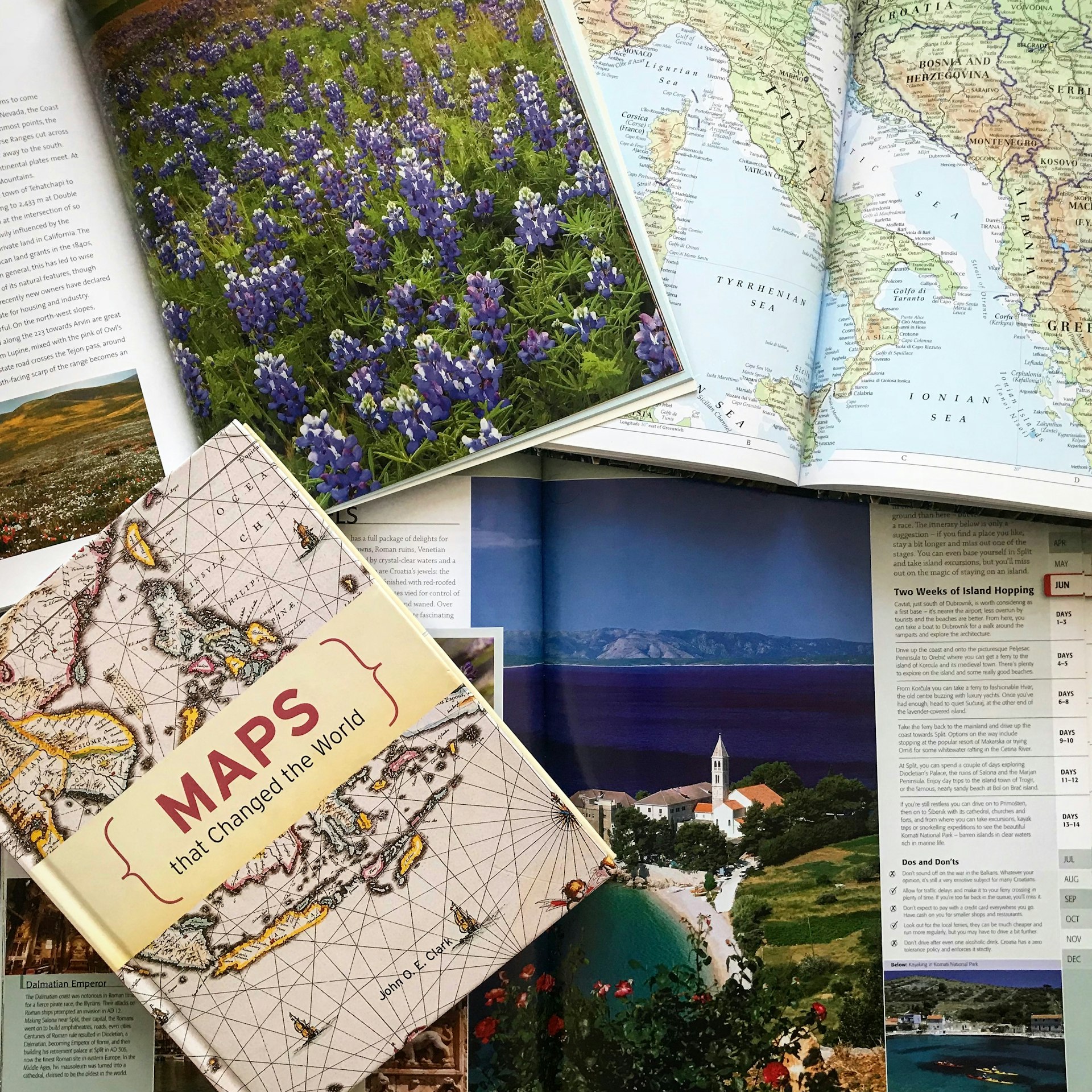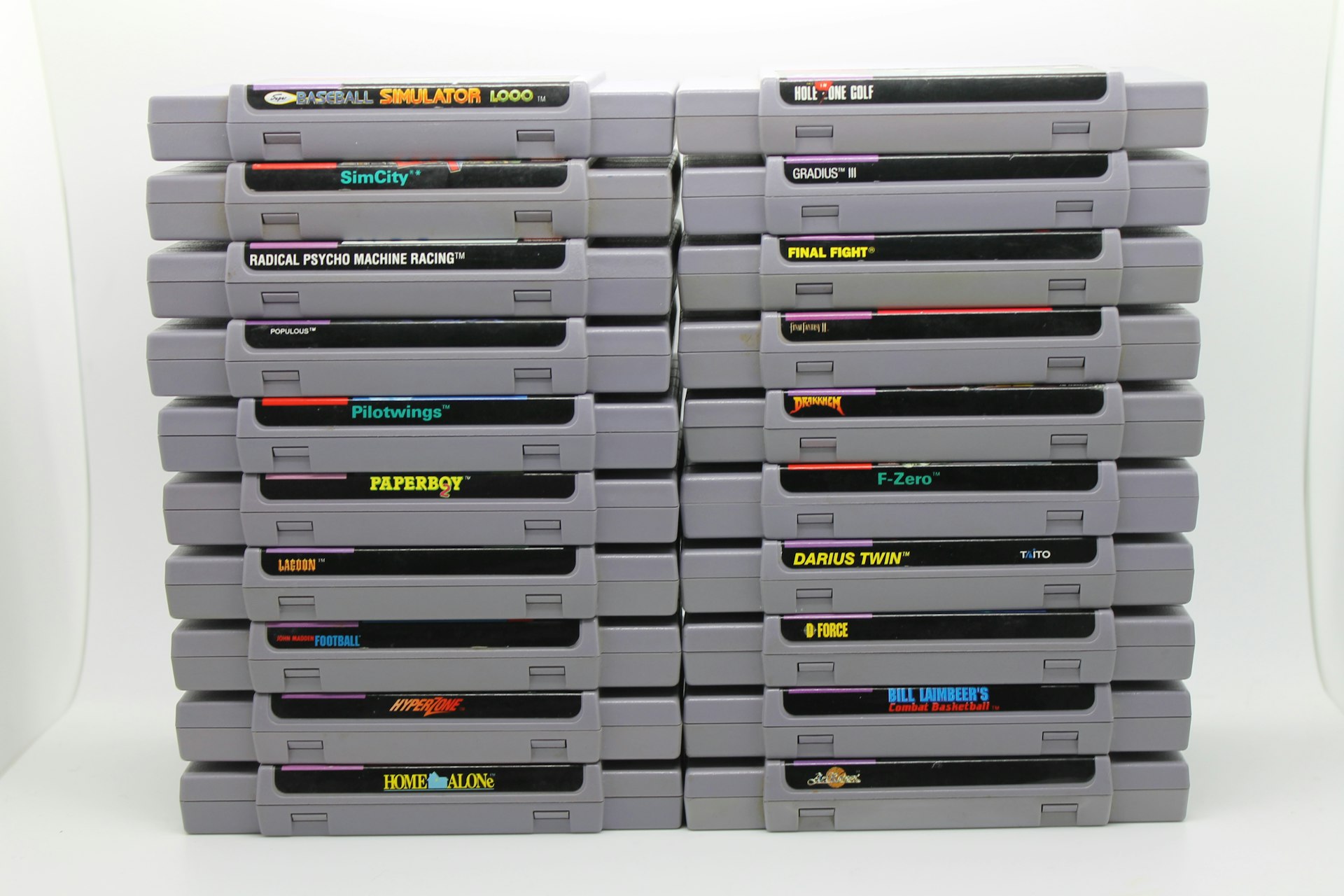The Transformative Impact of Cultural Representation in Gaming

Photo by Andreas Haslinger on Unsplash
Introduction: Why Cultural Representation Matters in Gaming
The gaming industry has evolved into a global phenomenon, engaging audiences from diverse backgrounds and cultures. As games become a dominant form of storytelling and entertainment, cultural representation has emerged as a crucial factor shaping player experience and industry growth. Meaningful representation goes beyond visual diversity-it encompasses authentic narratives, traditions, and values that resonate with players worldwide. This article explores the multifaceted impact of cultural representation in gaming, offering actionable guidance for developers and highlighting best practices for fostering inclusivity and authenticity.
Understanding Cultural Representation in Gaming
Cultural representation in gaming refers to the inclusion and portrayal of various cultural identities, traditions, and perspectives within games. This extends to character design, storylines, environments, language, and even gameplay mechanics. Proper representation allows gamers to see themselves reflected in the virtual worlds they explore, fostering a sense of belonging and validation [1] . When representation is approached thoughtfully, it can enhance storytelling, encourage cultural exchange, and promote empathy among players [2] .
Benefits of Inclusive Cultural Representation
Diverse and authentic representation in games delivers substantial benefits for players, developers, and the industry as a whole:
- Promotes inclusivity: Players from underrepresented backgrounds feel seen and valued, leading to greater engagement and satisfaction [5] .
- Enhances storytelling: Incorporating varied cultural narratives adds depth and authenticity to game stories, making them more compelling and relatable [2] .
- Drives industry growth: By appealing to a broader audience, inclusive games can tap into new markets and boost sales, providing a clear business incentive for diversity [3] .
- Breaks down stereotypes: Accurate representation helps dismantle harmful clichés and promotes understanding between cultures [4] .
Real-World Examples: Successes and Lessons
Several games have been lauded for their culturally sensitive and authentic representation.
Ghost of Tsushima
stands out for its respectful and deeply researched portrayal of feudal Japan, achieved through collaboration with historians and cultural consultants. This approach not only improved the game’s authenticity but also earned praise from Japanese audiences
[4]
.
On the other hand, some games have faced criticism for relying on stereotypes or failing to include meaningful diversity. For example, early versions of
Overwatch
received backlash for character designs that relied on clichéd representations. The response from developers-diversifying backgrounds and storylines-demonstrates the industry’s growing commitment to authentic inclusion
[4]
.
Implementation: How Developers Can Foster Authentic Representation
To effectively incorporate cultural representation in games, developers are encouraged to follow these actionable steps:
- Engage with community consultants: Collaborate with cultural experts and community members throughout the development process to ensure authenticity and avoid appropriation. This also builds trust with players who recognize genuine efforts [3] .
- Conduct comprehensive research: Invest time in understanding the history, values, and nuances of the cultures represented. Research helps avoid misrepresentation and provides material for richer storytelling.
- Diversify development teams: Assemble teams with members from varied backgrounds to bring multiple perspectives and lived experiences. This diversity leads to more nuanced and respectful representation [5] .
- Prioritize accessibility: Ensure all players, including those with disabilities or from marginalized communities, can access and enjoy the game. This includes providing language options, adaptable controls, and culturally relevant content [3] .
- Solicit and act on player feedback: Create channels for feedback from diverse player communities, and be prepared to update games in response to constructive criticism.
Common Challenges and How to Overcome Them
Despite progress, developers face challenges in achieving meaningful representation:
- Risk of stereotypes: To avoid reinforcing stereotypes, developers must go beyond surface-level inclusion and invest in deep, context-aware storytelling. Engaging with consultants and conducting thorough research are essential steps [4] .
- Balancing authenticity and creativity: While creative liberties are central to game design, developers must balance them with respect for cultural integrity. Consulting affected communities can help navigate this challenge.
- Resource constraints: Smaller studios may struggle to allocate resources for research and consultation. In these cases, seeking partnerships with advocacy groups or leveraging online resources can provide valuable support.
Alternative Approaches and Additional Pathways
If direct collaboration with cultural consultants is not feasible, developers can:
- Utilize online forums and industry panels to gather input from diverse voices.
- Partner with educational institutions or non-profits focused on cultural preservation and diversity in media.
- Encourage player-created content and modding communities to introduce broader representation organically.
Developers and players seeking guidance on best practices for cultural representation in gaming can search for resources from established organizations such as the International Game Developers Association (IGDA) Diversity Initiative, GLAAD, or the Entertainment Software Association. These organizations regularly publish guidelines and host events focused on diversity and inclusion in gaming. To locate these resources, use search terms like “IGDA diversity in gaming,” “GLAAD video game inclusion,” or “ESA inclusivity resources.”
Practical Steps for Players and Developers to Support Diversity
Players can support games that prioritize cultural representation by:
- Providing constructive feedback directly to developers through official forums and surveys.
- Celebrating and sharing games that offer authentic and respectful cultural narratives.
- Participating in community discussions that promote awareness and appreciation for cultural diversity.
Developers can further advance diversity by:

Photo by Emily Wade on Unsplash
- Committing to ongoing education about cultural sensitivity and inclusion.
- Incorporating diversity goals into company values and project objectives.
- Regularly assessing and updating games to reflect evolving cultural perspectives.
Key Takeaways and Future Directions
Cultural representation in gaming is not only a moral imperative but also a strategic advantage for developers seeking to engage a global audience. The industry has made significant strides, yet ongoing effort is needed to ensure authentic, respectful, and inclusive representation. By prioritizing collaboration, research, and community engagement, both large and small studios can create games that enrich the cultural fabric of the gaming world and foster deeper connections among players.
For further information or to access industry guidelines, you may visit the official websites of organizations such as the International Game Developers Association (IGDA) or the Entertainment Software Association (ESA) by searching for their diversity and inclusion resources. Many advocacy groups also provide downloadable toolkits and host webinars on best practices for cultural sensitivity in gaming.
References
- [1] GameGrin (2023). Cultural Representation in Gaming: Progress, Challenges, and Opportunities.
- [2] Moldstud (2023). The Role of Cultural Diversity in Video Game Design: Representation and Inclusivity.
- [3] Goodman Lantern (2023). Diversity in the Gaming Industry: Whitepaper.
- [4] GeniusCrate (2023). Cultural Sensitivity in Game Design: Avoiding Stereotypes and Encouraging Diversity.
- [5] Rock & Art (2023). The Importance of Representation in Video Games.
MORE FROM dealseekersguide.com













